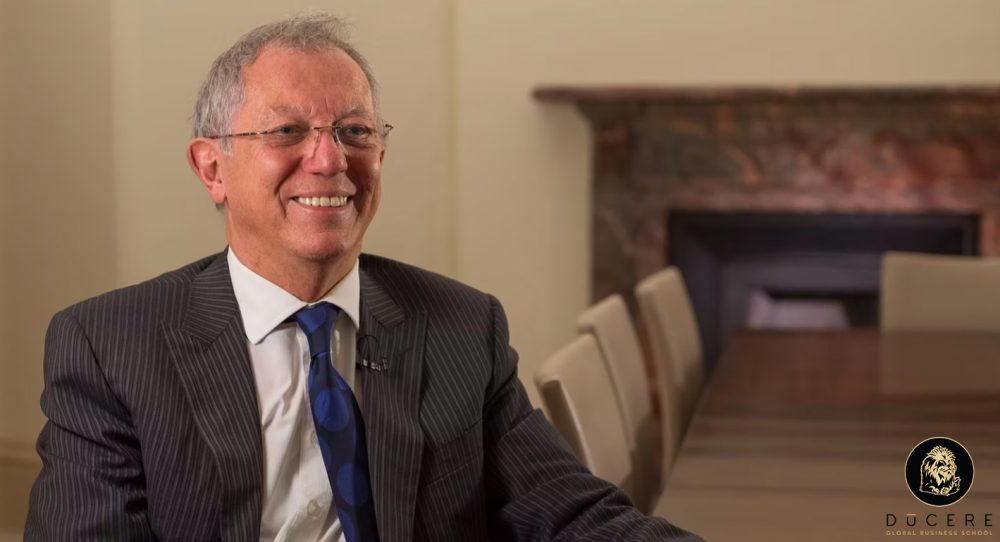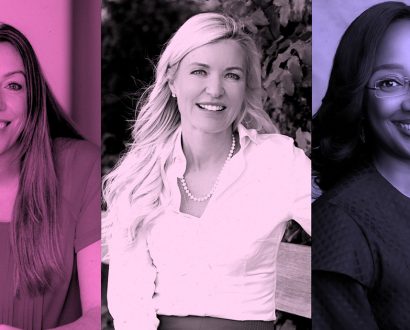Sir David King, Chair of the Climate Crisis Advisory Group, an independent body of scientists providing analysis on global warming, is one of Britain’s most eminent chemists having published more than 500 papers during his decades of research.
After seven years as Cambridge University’s Head of Chemistry, King became Chief Scientific Advisor to the United Kingdom government in 2000, significantly raising the profile of the climate crisis through what he described as “climate diplomacy”.
He also created the US$1.1 billion Energy Technologies Institute, a much-lauded public–private initiative that spent 12 years developing clean-energy technologies.
Carefully negotiating treaties and emissions agreements with international leaders required the utmost tact and an ability to bridge gaps between opposing opinions, skills that came in handy in King’s subsequent career advising investment banks and other financial institutions.
“The diplomatic process is very challenging, but what’s interesting is that it becomes a point of contact with countries we might find difficult to talk to,” he says. “For example, I’ve been into Cuba and Venezuela and other countries that, in diplomatic terms, you might describe as difficult. This provides a means of opening the door for other discussions.”
King, who is also a Ducere Global Leader Faculty Member, explains that it is important for business leaders to provide a suitably contained environment for robust and honest discussions.
“I don’t think multilateral meetings are the best for negotiating. The best place to negotiate is in bilaterals with ministers and heads of states who really can make a difference and instruct their negotiators on the process.”
Shareholder satisfaction
At a time when sustainability wasn’t a major focus for C-suite executives, King persuaded governments and industry bodies that reducing carbon wouldn’t just be good for the planet, but also for the bottom line.
“Investing in companies that are investing in energy savings is an immediate win–win. There’s something called ‘shareholder satisfaction’, which is being able to buy into companies you feel are moving in the right direction,” he says.
“New, innovative companies see the opportunities in the low energy marketplace and circular economy.”
“New, innovative companies see the opportunities in the low-energy marketplace and circular economy and could take off from very humble beginnings and really be disruptive.”
King is also not afraid to express views that may run counter to other climate change campaigners, such as questioning the merits of organic farming and endorsing nuclear energy. If anything, having a dissenting voice only makes him more authentic, as following the herd or remaining quiet would have been a much safer option.
Climate change remains his focus, and he’s optimistic that businesses can harness new technologies for the greater good.
“There’s a new kind of thinking emerging,” he says. “And that’s where there’s a sense of excitement developing.”
The CEO Magazine is proud to have partnered with Ducere Global Business School to bring our readers career-driven MBA programs. Click here to find out more.







